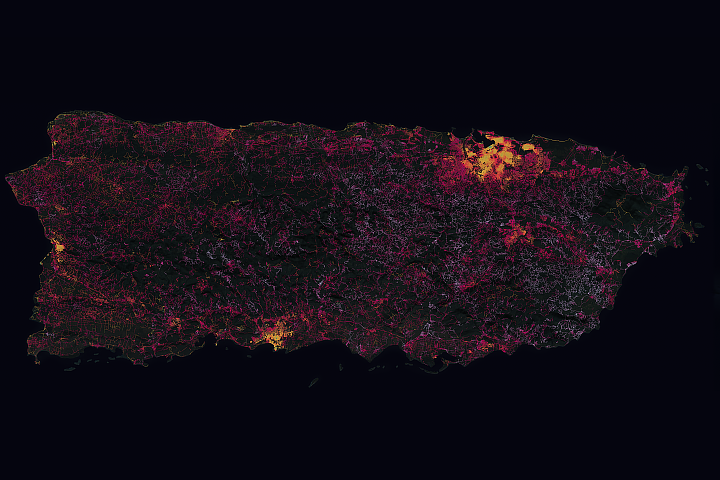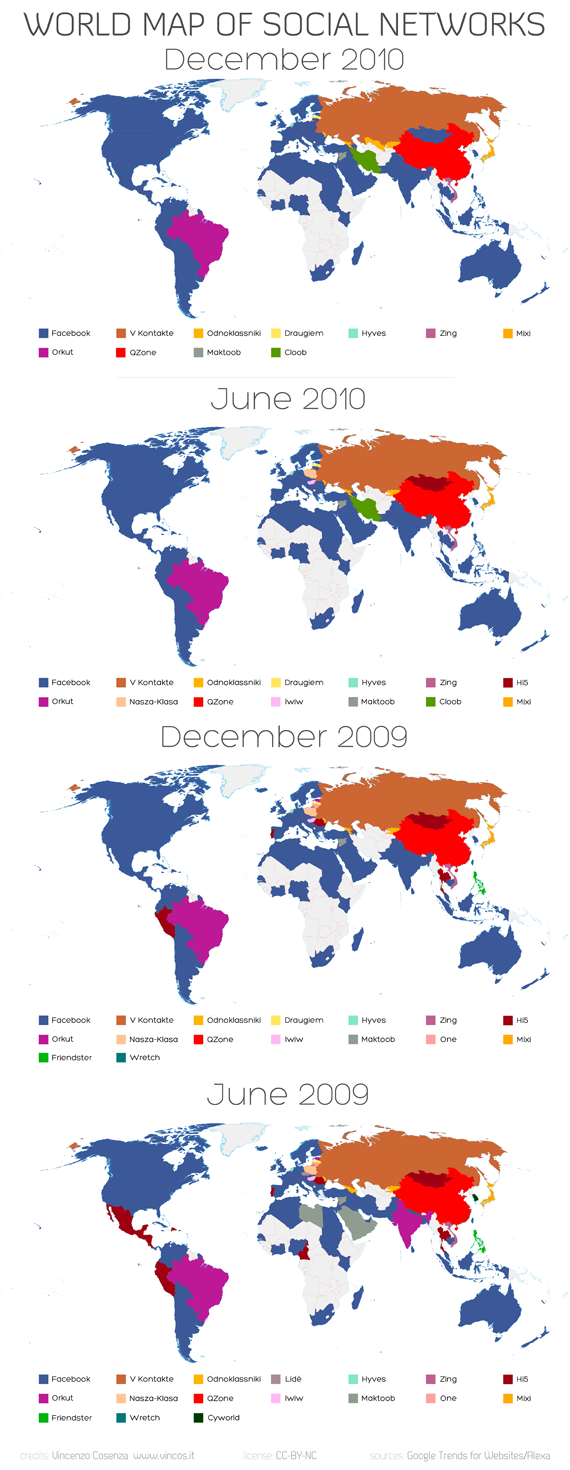Summary
Analysis
TAM Linhas Aereas Flight 3054 crashed late July 17 during landing, when it skidded on a runway at Congonhas airport in Sao Paulo, Brazil, killing all aboard.
This disaster carries serious consequences for Brazilian aviation, for business and recreational travel in the region and for the government. Brazilian President Luiz Inacio "Lula" da Silva is likely to initially ignore calls to fire his defense minister and the head of Infraero, the company that runs Brazil's airports under the military's command. He will assure the public that all proper steps are being taken to investigate the crash, to make sure it does not happen again and to review safety measures throughout the country. However, serious problems with Brazil's air safety have been under government scrutiny since 2006, and the July 17 crash will make the government's concern appear inadequate. Air traffic and safety concerns in Brazil are linked to a dramatic increase in air travel that has not been met with sufficient additional capacity.
Da Silva likely hopes to weather the storm without making drastic moves, counting on Brazil's positive economic outlook as a firm foundation for his widespread support. However, he will face two hurdles. First, the public knows this was not an isolated incident. Second, the logistical problems that will ensue from this disaster will become a long-term issue of their own.
Brazil's air woes began in September 2006, when the country had its deadliest accident up until the July 17 crash. A corporate jet hit a 737 airliner over the Amazon, causing the latter to crash. The jet's pilots face trial for negligence, but there also are allegations of air traffic control errors. During the first half of 2007, airport workers and air traffic controllers went on strike to protest unsafe conditions at Brazil's airports. The military wanted to fire the strikers -- an outcome da Silva prohibited after noting that there were not enough trained air traffic controllers to replace those on strike.
Brazil's Congress established an investigatory commission earlier in 2007 to investigate the air traffic problems and the government's response. The administration uses congressional commissions to demonstrate transparency and its commitment to change. The opposition uses the commissions to demonstrate the administration's failure. However, it seems no one used this investigatory commission to solve the underlying air safety problems in a timely manner -- an issue that could come under scrutiny after the July 17 crash at Congonhas.
It has been widely known for months that Congonhas is unsafe. Sometimes dubbed the "aircraft carrier" airport, the congested facility sits in the middle of the southern section of a city twice the size of New York. Its unusually short runway ends in a red-and-white checkered cliff right next to Washington Luiz Avenue -- one of the city's main north-south thoroughfares.
In February, a court found the Congonhas runway unsafe -- especially during rainstorms -- and ordered it closed and remodeled to provide better drainage. The runway was closed only for a few hours each night, while the remodeling was done in such a way that planes could still use the strip when it was not being worked on. The remodeling supposedly was completed days before the Flight 3054 crash. However, the "grooving" on the new section of runway, meant to provide traction for large planes, had not been completed. Workers were waiting for the cement to sufficiently harden, and the job was expected to be finished July 25.
Flight 3054 touched down too late on the runway, and the pilot tried but failed to lift off again. The plane plummeted over the cliff, across the busy Washington Luiz Avenue and into a hangar and fuel depot on the other side, where it exploded. Contrary to many reports, it was not raining heavily at the time of the accident -- merely drizzling.
In the past week alone, two other planes skidded on the runway at Congonhas. Days ago, two planes knocked wingtips while taxiing at the same airport.
Flight 3054 is not just a tragedy. It is a tragedy with due warning -- and, therefore, a disaster with serious political consequences. The Brazilian public will demand action. It will start with news media and then business lobbyists. Eventually, there could be protests outside -- or inside -- the airports.
The disaster also has logistical implications. In the short term, the thousands of international visitors currently in nearby Rio de Janeiro for the Pan American Games will all be wondering whether it is safe to fly home. They will also likely face significant flight delays as flights are rerouted from Sao Paulo and investigations and new precautions are undertaken.
Even if there are no more accidents (and no violent conflicts between fed up passengers and authorities at the airport), this is an international embarrassment and could cause Brazil to lose its bid to host the World Cup in 2014. The Pan American Games are meant in part as a test of Brazil's capabilities to host the world's largest sporting event. The Federation Internationale de Football Association committee will visit Brazil in September and make its final decision in November.
Furthermore, Sao Paulo is the business and industrial center of the entire continent of South America. The alternative airport to Congonhas is Cumbica (commonly called Guarulhos), outside the city on the north side, an hour's drive from downtown or worse depending on traffic. Problems flying in and out of Congonhas will overcrowd Cumbica, causing further congestion on the highway out to the airport, and will ultimately discourage many businessmen from flying in and out of the city as often.
Furthermore, U.S. aviation authorities could demand a thorough accounting for air safety concerns, not only in Brazil but also throughout the region. Air safety in neighboring Argentina has raised red flags, especially after the main radar system in Buenos Aires failed and had no backup. Most U.S. carriers will not fly to Paraguay, since Asuncion has no approach radar.
This disaster presents a significant opportunity for opposition groups that have continuously failed to generate antipathy toward da Silva. Just two days ago, after da Silva was booed in an opposition stunt at the Pan American Games, journalists wondered whether he deserved such treatment. Now, objections to the president's governance are more likely to meet a receptive audience.
The July 17 plane crash has created political and logistical problems of such magnitude that da Silva must act decisively, contritely and quickly to avoid facing the most antipathy of his presidency thus far. Firing someone would be a start, but it is not likely to settle the public disquiet. Da Silva will have to announce concrete steps to overhaul Brazil's airport problems. He also likely will announce a new spending package.
Once the seriousness of the situation sinks in, da Silva could even remove the airports from military control. While such a move would have been unthinkable just a few years ago, Brazil's military no longer has the political power it once did. Much of the military's traditional domain is being put under civilian control -- a shift that goes along with a general trend in Latin America.
While in theory Brazil's Congress is likely to approve a new spending package to address air problems, in reality opposition parties likely will take advantage of the debate on the issue to air their grievances and make their own demands. If this results in congressional gridlock, it could overflow into other debates as well, delaying votes on other elements of da Silva's agenda during the next year.
http://www.stratfor.com/














No comments:
Post a Comment